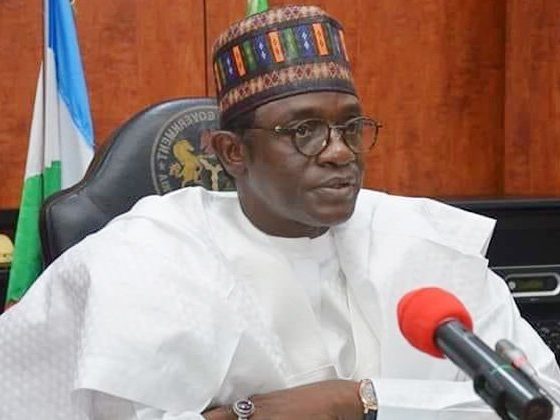ARTICLE AD
A flag of a Nigerian labour
The Federal Government is set to implement the New Minimum Wage with effect from July 29, 2024, as reported by Channels Television.
It also approved a modification to the salary structure for lecturers, doctors, the military, and other civil personnel.
On Friday, FG and the Labour Union signed a Memorandum of Understanding for a new minimum wage of ₦70,000.
According to a statement issued by the Office of the Federation’s Head of public Service and signed by Eno Olotu, Head of Information and Public Relations, the committee on public servant wages has agreed that the new minimum wage will be introduced on July 29, 2024.
The agreement was one of the conclusions reached at the end of the committee’s meeting in Abuja on Friday.
According to the statement, the committee also recommended that the pay award, which the Federal Government had ceased, be paid until July 28, 2024.
The committee, led by the Federation’s Head of Civil Service, Didi Walson-Jack, stated that the government took into account the country’s economic circumstances while making judgments.
Speaking after the signing, Walson-Jack, who also served as Chairman of the Committee, praised members for their hard work on the assigned assignment.
The HCSF stated, “Both the trade union and government sides have agreed on the Consequential Adjustments in Salaries stemming from the new minimum salary of N70,000.
She also revealed that all members had reviewed the MOU and had signed copies, with the exercise culminating in the distribution of copies to representatives from both sides.
She hailed the assignment as the shortest and most peaceful negotiations yet, and stated that the signed copy of the MOU would be given to the Federal Government for further action.
In his remarks, Comrade Benjamin Anthony, National Chairman of the Joint Negotiating Council, representing the Trade Union side, praised the HCSF and expressed pleasure with the committee’s efforts.

 (2).png) 1 month ago
19
1 month ago
19 

